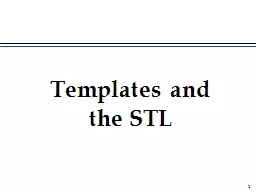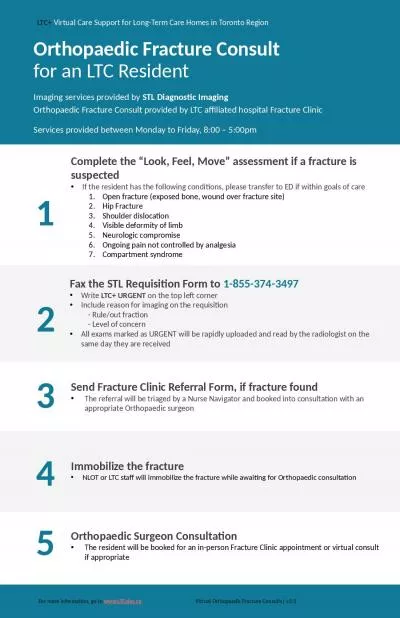PPT-STL Containers Some other containers in the STL
Author : ellena-manuel | Published Date : 2019-06-25
Todays Questions What is an associative container Why would I use an associative container over a sequential container What is an unordered associative container
Presentation Embed Code
Download Presentation
Download Presentation The PPT/PDF document "STL Containers Some other containers in ..." is the property of its rightful owner. Permission is granted to download and print the materials on this website for personal, non-commercial use only, and to display it on your personal computer provided you do not modify the materials and that you retain all copyright notices contained in the materials. By downloading content from our website, you accept the terms of this agreement.
STL Containers Some other containers in the STL: Transcript
Download Rules Of Document
"STL Containers Some other containers in the STL"The content belongs to its owner. You may download and print it for personal use, without modification, and keep all copyright notices. By downloading, you agree to these terms.
Related Documents













